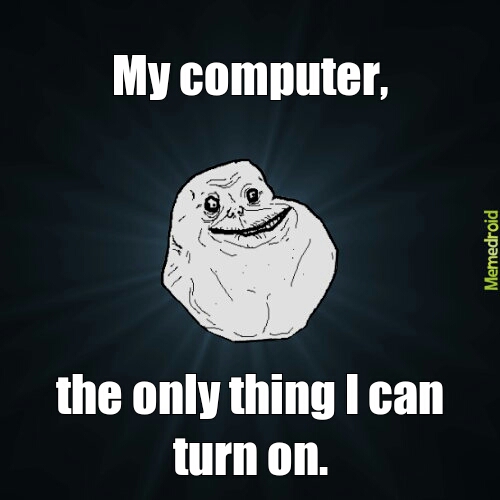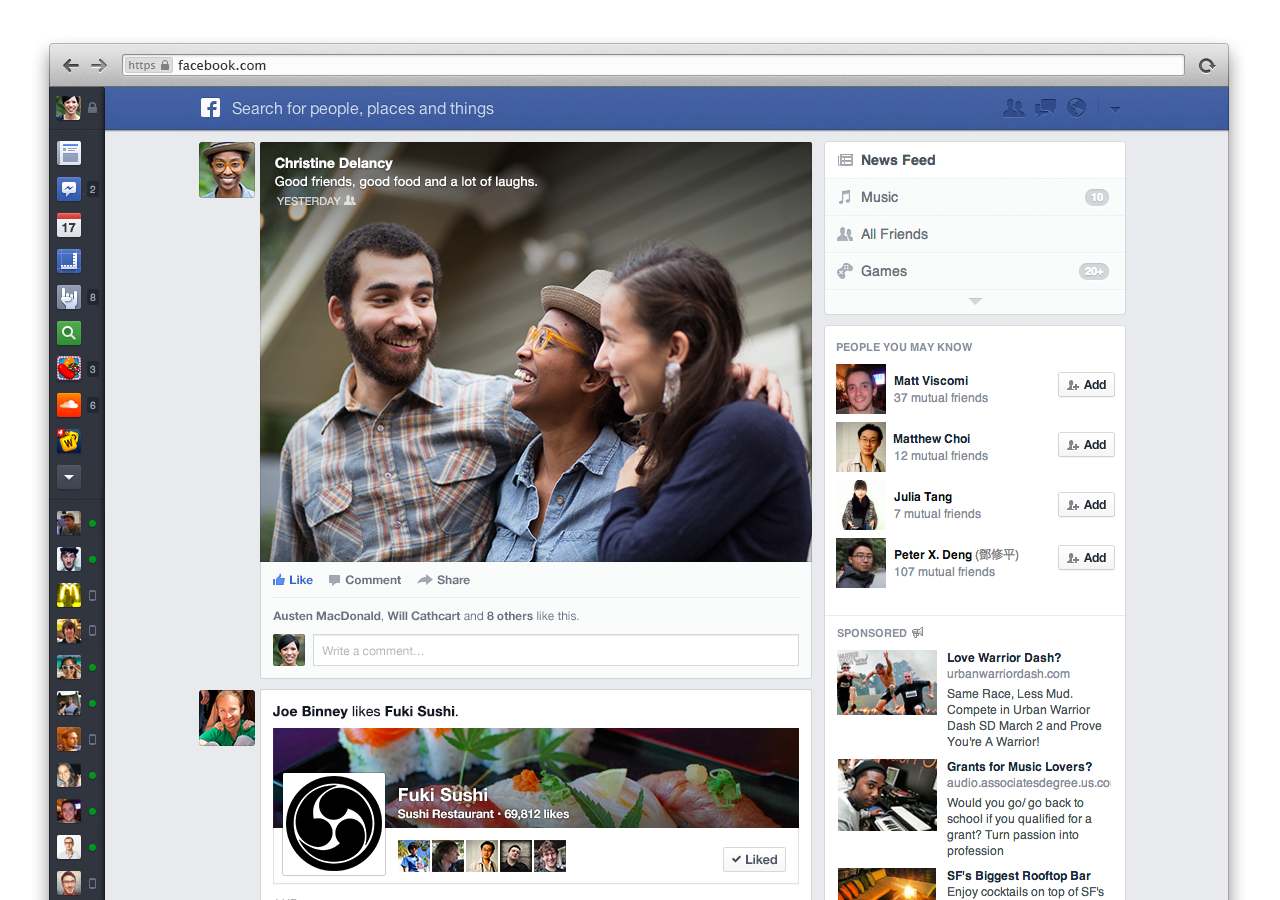Were you as creeped out as I was when you heard that there might be a consecrated host at the Harvard black mass? While the fight to get it cancelled was totally worthwhile, here’s why you can rest easy tonight regardless of the outcome.
I admit it--when I heard that a Harvard student group was
sponsoring a “reenactment” of a satanic ritual involving a potentially
consecrated Communion host, I was not only angry, but also a little
scared. After all, Catholics believe
that the consecrated host is Jesus—not a symbol or a reminder, but Jesus, truly
present, in the flesh and blood. While
we agree with outside observers that the physical characteristics do not
change, we believe that on the level of its identity—its substance, to use the theological language—it is truly, really,
totally Christ.
So if somebody who hates Christ (or thinks they hate Christ,
because if they really knew Him they would almost certainly love Him) gets a
hold of one of these consecrated hosts, I start to wretch at the possibilities. Though I had always brushed such thoughts
under the rug of my conscious mind in the past, this Harvard story made that
impossible.
Thankfully, God (Who cannot be abused, hurt, or controlled
by any of us idiots down here) decided in His mercy and goodness to show me why
such worry was unfounded. Take a look at
this post from Elizabeth Scalia’s blog, which talks about why such satanic
rituals do not actually possess the power they claim to have:
“Christ gave himself to us, freely, of his own free will. A
Gift freely given. If someone takes the Gift and spits on it or whatever —
they’re only destroying what was given to them, they are destroying what is ‘theirs.’
They don’t in any way destroy the Giver of the Gift, or lessen the Giver, or
the Gift. So they have no power over it, they can’t dominate it. All they can
do is destroy themselves within themselves.”
The consecrated host is the presence of Jesus, but Jesus is
a suffering servant who submitted himself to extreme denigration and
humiliation for our sake. His presence
in the Eucharist is that same gift, which we are free to accept or reject. While desecrating the Eucharist is an
outrageously sinful act, it does nothing to injure or even demean God Himself.
Simply put, they have no power over God! They never could. And while we’re bashing devil-worshippers, I’ve
also always wondered why, if someone believes in God, they would purposely
choose to “worship” the guy who got kicked out of Heaven by God. Purposely picking the loser—isn’t that sort
of like choosing to play as Jigglypuff in Super Smash Brothers? But I digress.
Now, mind you, I’m not trying to minimize the reality or
power of the devil. He was created as an
angel—which means that, in terms of creation, he’s way more powerful than any
of us on our own. But we have ways of
keeping him at bay and protecting ourselves.
I remember the advice I got from someone on the beach in Hawaii:
never turn your back on the tide. If you
do, it can kill you. It’s so easy to
write it off as nothing, but people have literally been swept away by creeping
tides that unexpectedly descended upon them when they turned their back. Satan is much the same way. Always keep one eye on him, and be aware that
he is actively trying to mess with you.
Whatever you do, do not write him off as a legend or a myth. As they say in The Usual Suspects, “the greatest trick the devil ever played was
convincing the world that he doesn’t exist.”
Don’t fall for it. He’s out
there, and he doesn’t like you.
But the good news is this:
God has given us a protector who has already once beaten the tar out of
Satan, and is totally willing to do it again whenever we call upon him: Saint
Michael the Archangel. This supernatural
guardian—who, I contend, must actually be way more ripped and imposing than the
girly-man he is usually depicted as—is more than willing to step up and defend
us from the devil whenever we ask. Take a look at the statue pictured below. Now we're getting somewhere! That's more the Michael that I believe in.
And since, in writing this post debunking his followers’
false power, the devil may be a little extra peeved at me, I finish with this
prayer—in which I have complete faith as a means of protection from all the
attacks of the evil one:
Saint Michael the Archangel, defend
us in battle. Be our protection against
the wickedness and snares of the devil.
May God rebuke him, we humbly pray, and do Thou, O Prince of the
Heavenly Host [remember, that means army!], by the power of God, cast into hell
Satan and all the evil spirits who prowl about the world seeking the ruin of
souls.
Amen.
Now, let’s say it again!
Confidently,
Joezilla
P.S.: Read the whole
post at Elizabeth Scalia’s blog here.









